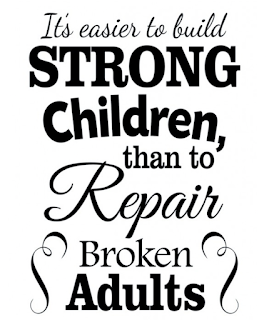Whitaker notes that "in one way or another, every classroom is heterogeneous." Think about the students you teach (or have taught) in the course of a school day. How many are male? Female? How many live with both their mother and father? How many are identified as having a learning, behavior, or physical disability? how many are students for whom English is not their primary language? Are some living in poverty? Are any experiencing traumatic situations in their personal lives? How many different religions, races, and cultures are represented by the students you teach? In what ways are your personal characteristics similar or different from those of the majority of your students? Do you have ways to learn more about the individual circumstances of each of your students outside of school? If so, can you better relate to and work with these students once you know them better? What steps can you take to intentionally put yourself in your students' shoes from time to time?









